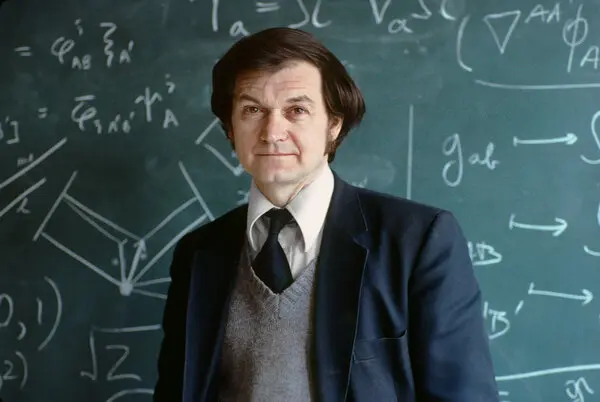In the very first issue of Curiositá, we’re thrilled to feature Sir Roger Penrose, the 2020 Nobel Prize winner in Physics. His incredible journey of perseverance and bold, unconventional thinking perfectly captures the spirit of curiosity and discovery that Curiositá is all about.
Popular Categories



